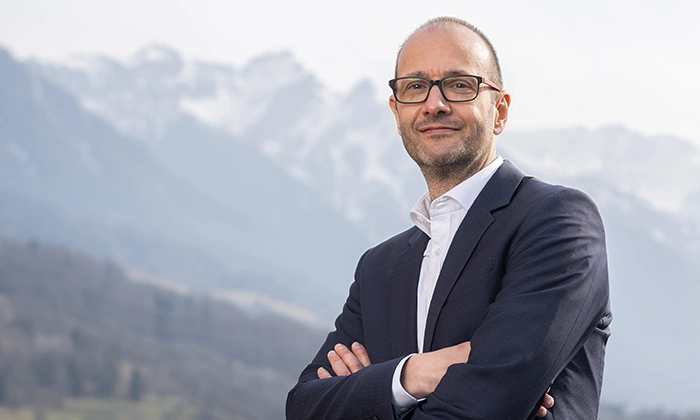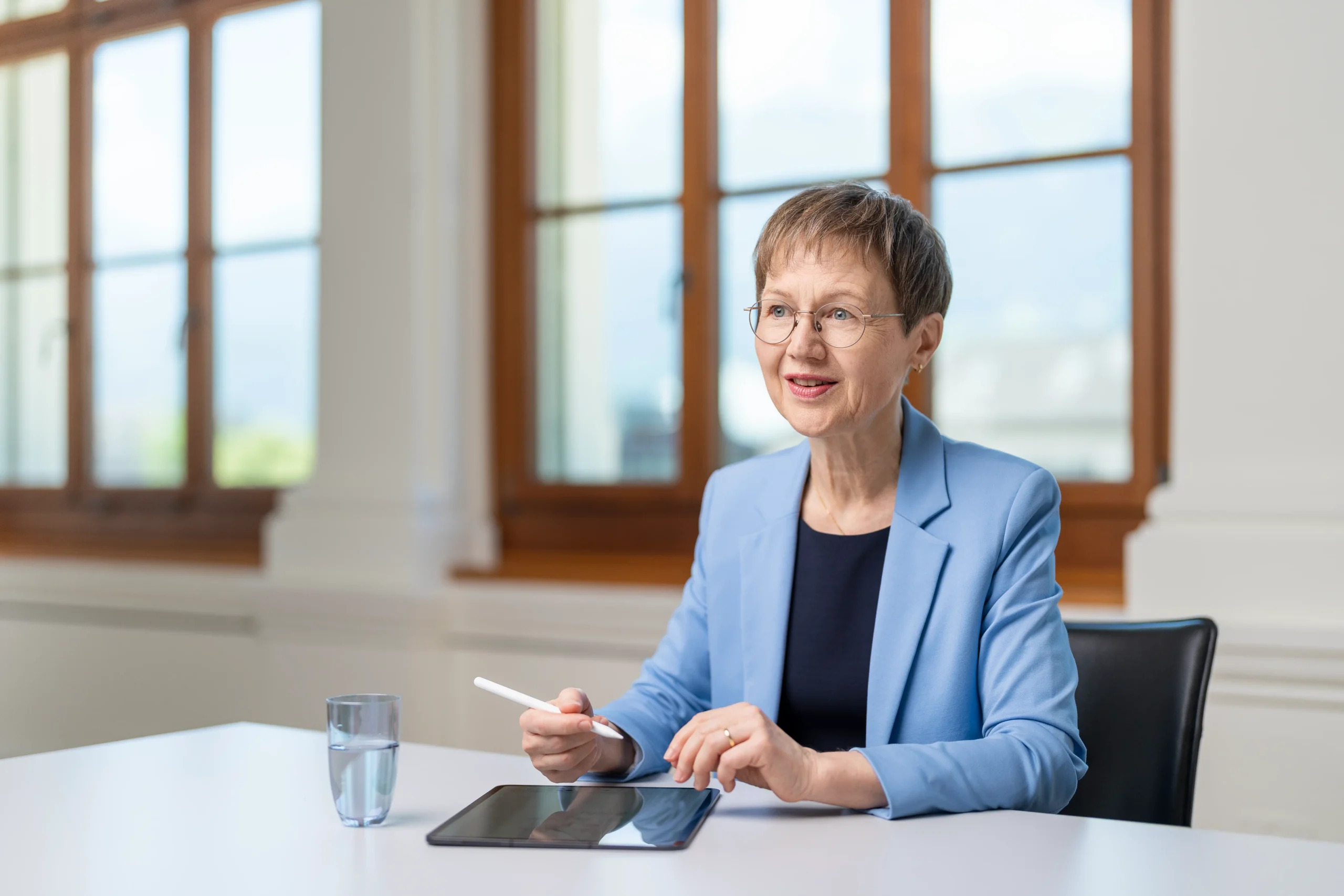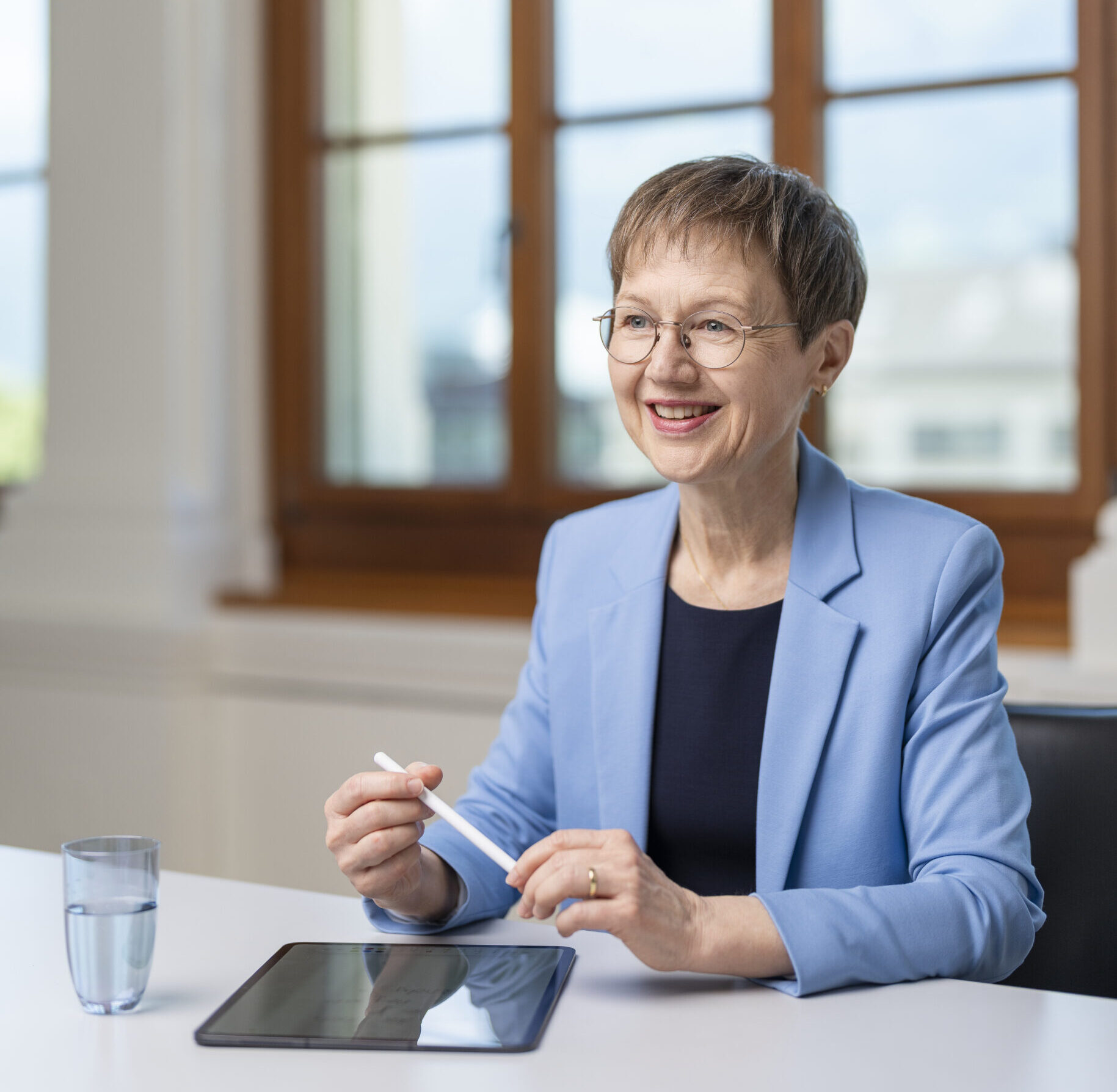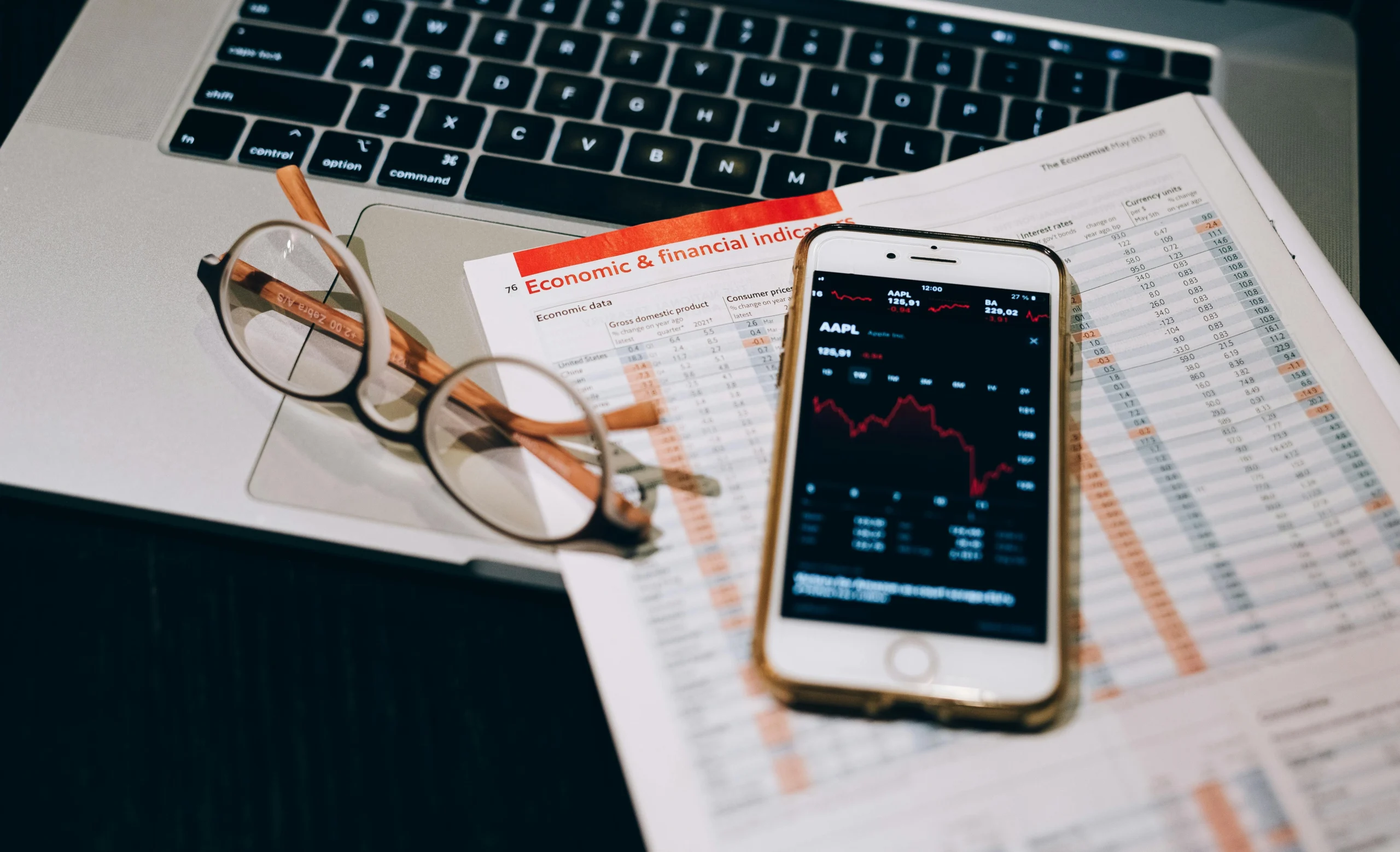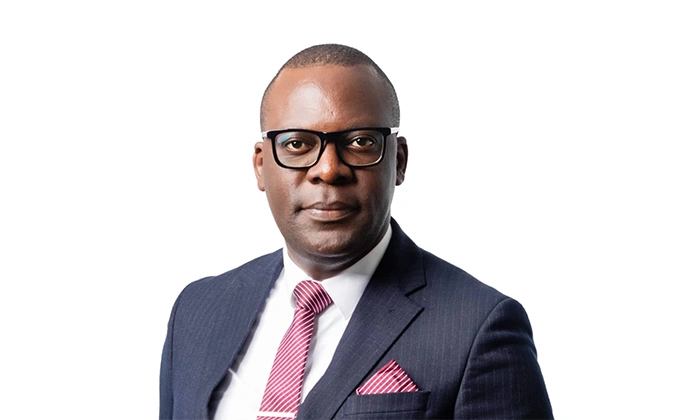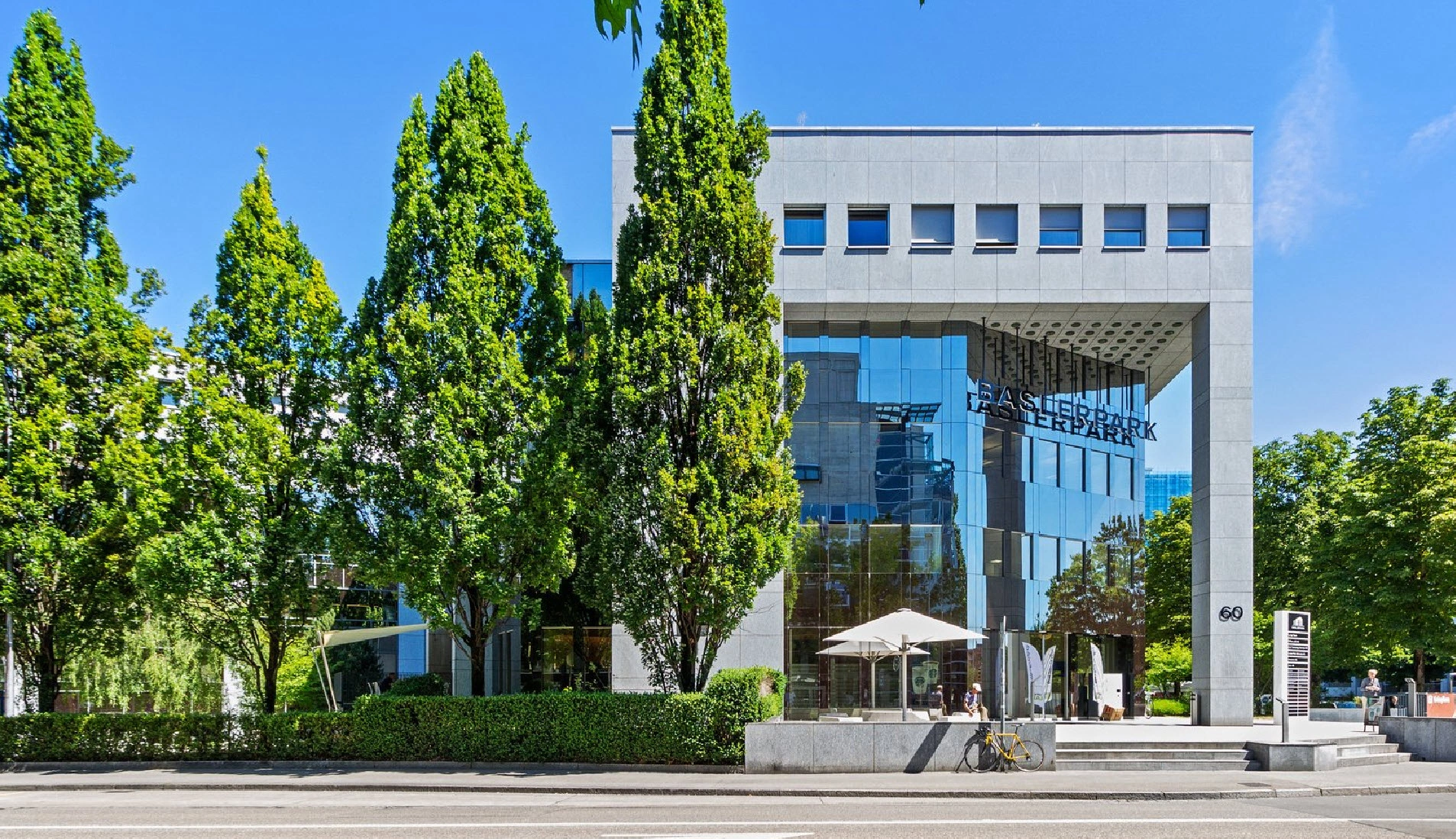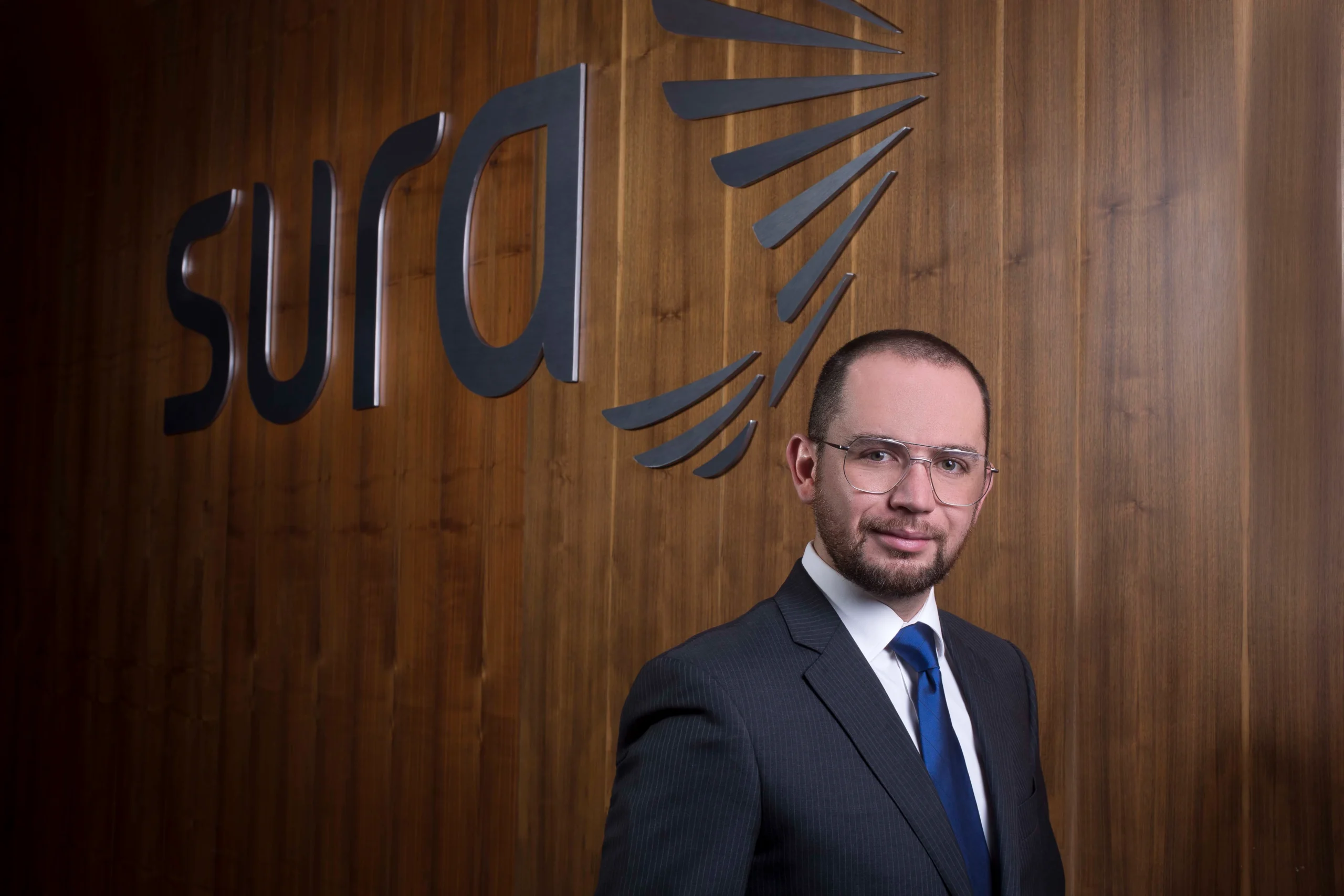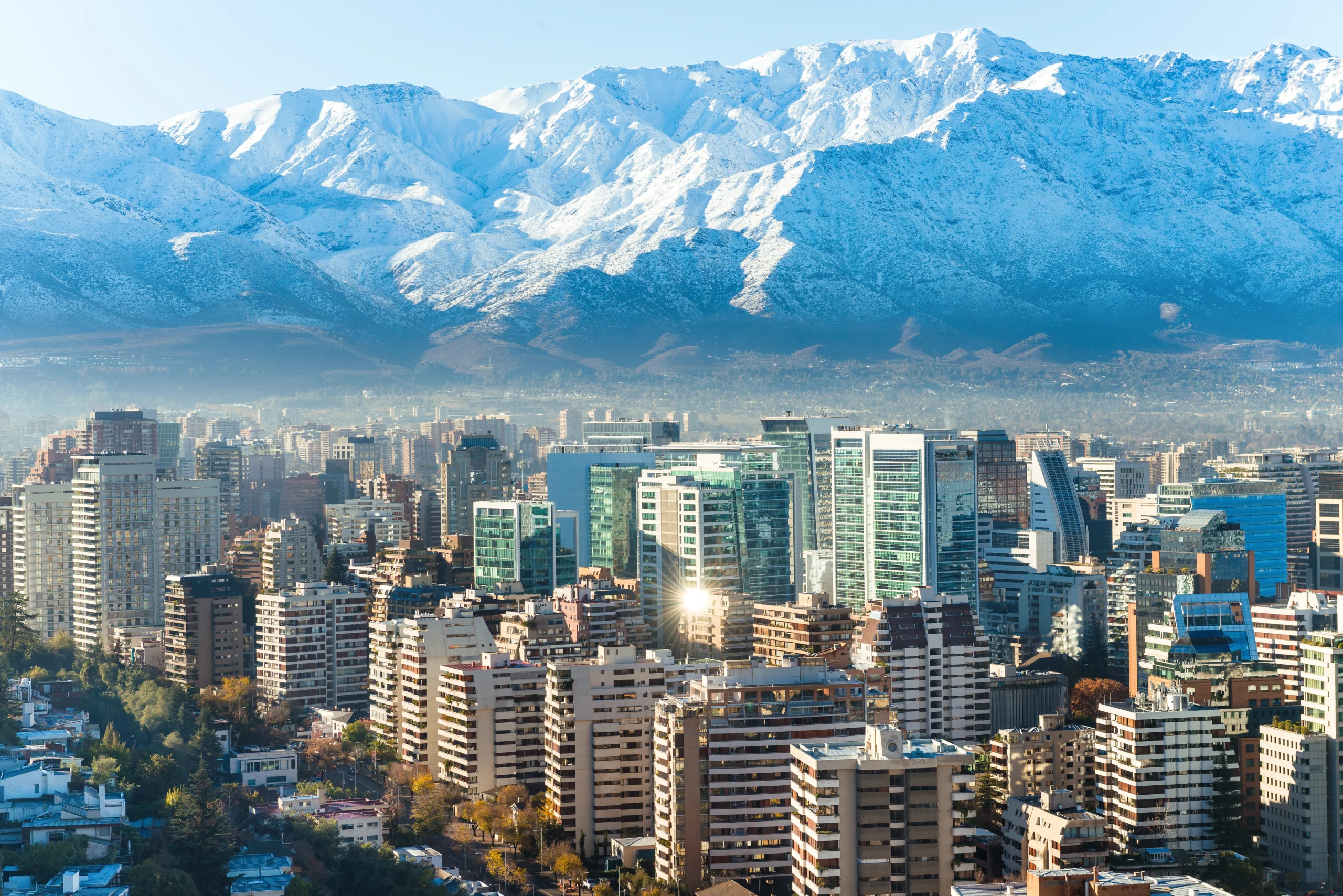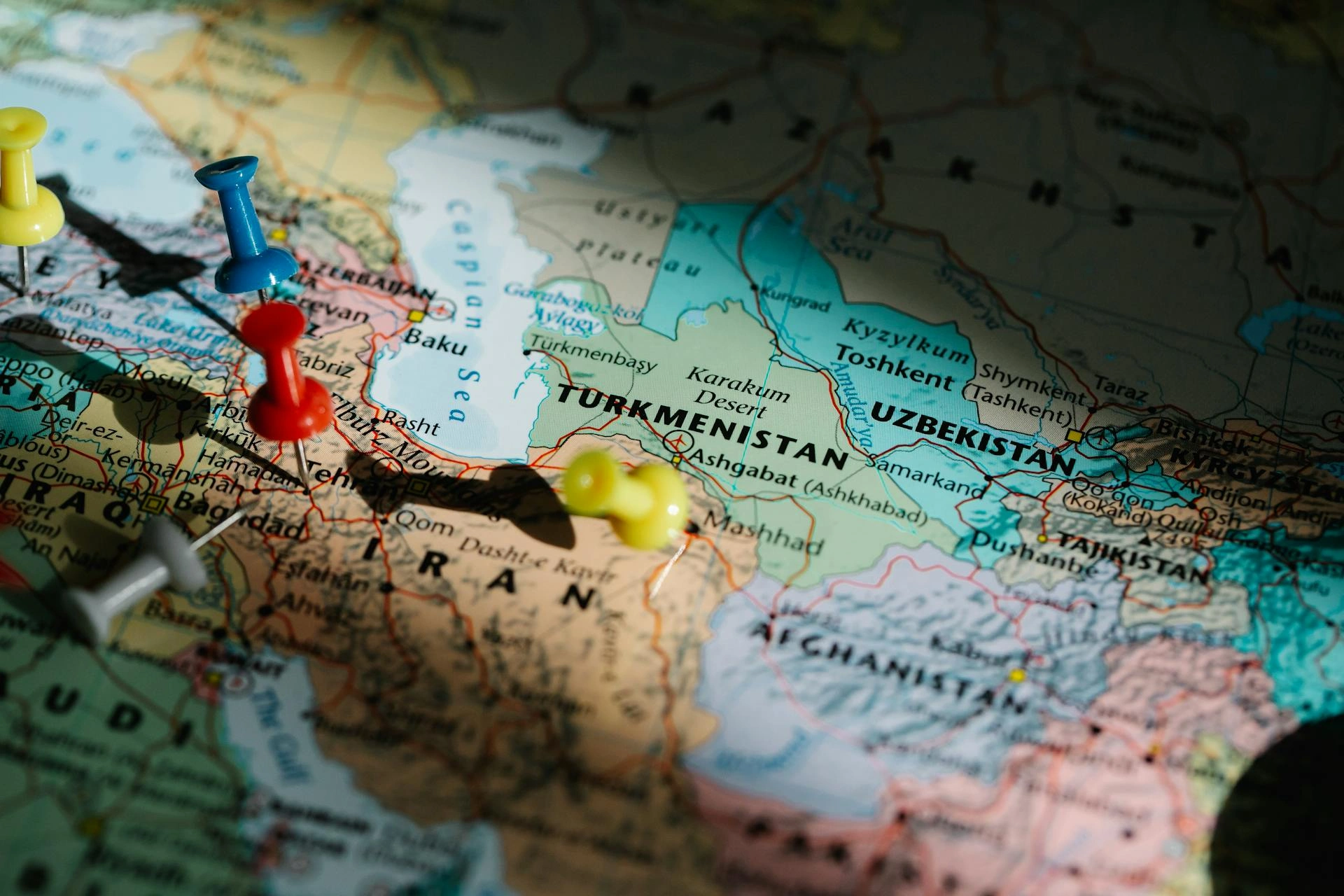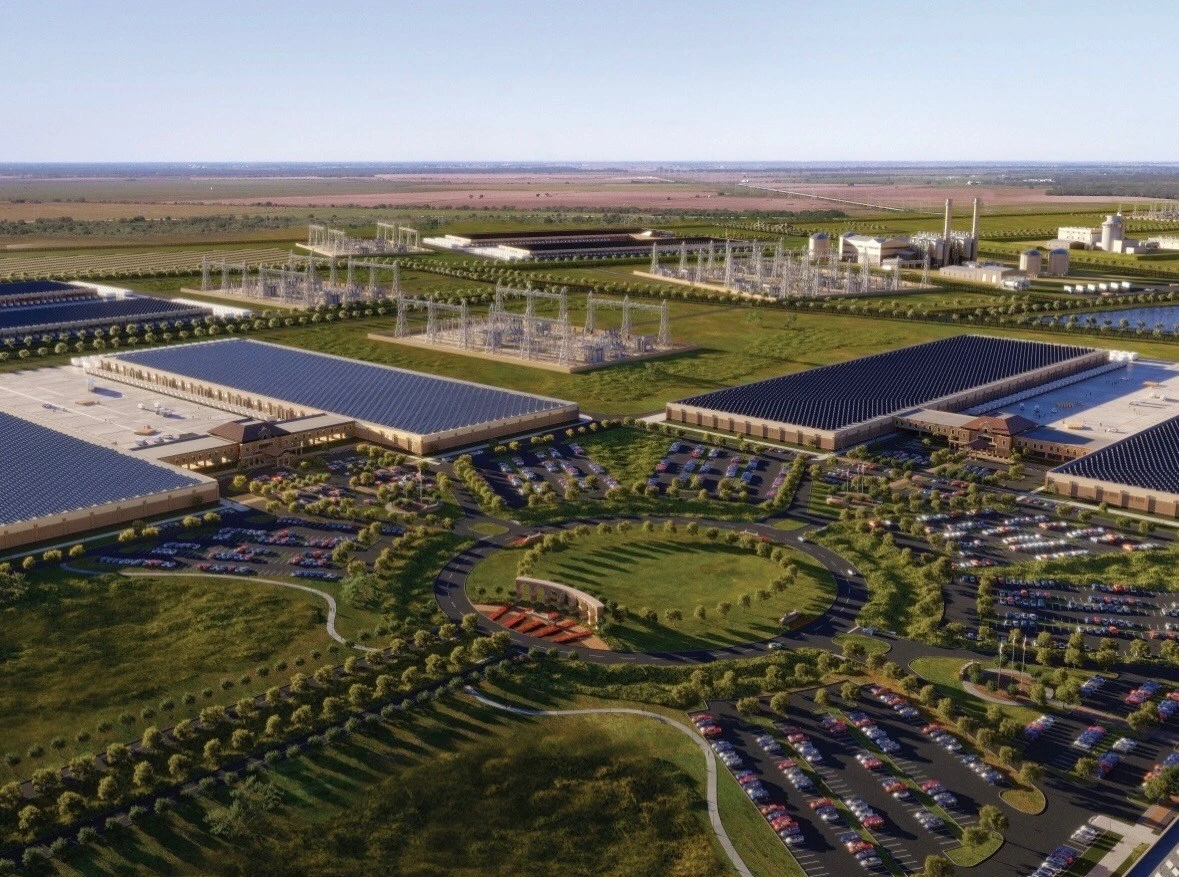Getting banked

John E. Kaye
- Published
- Banking & Finance, Home
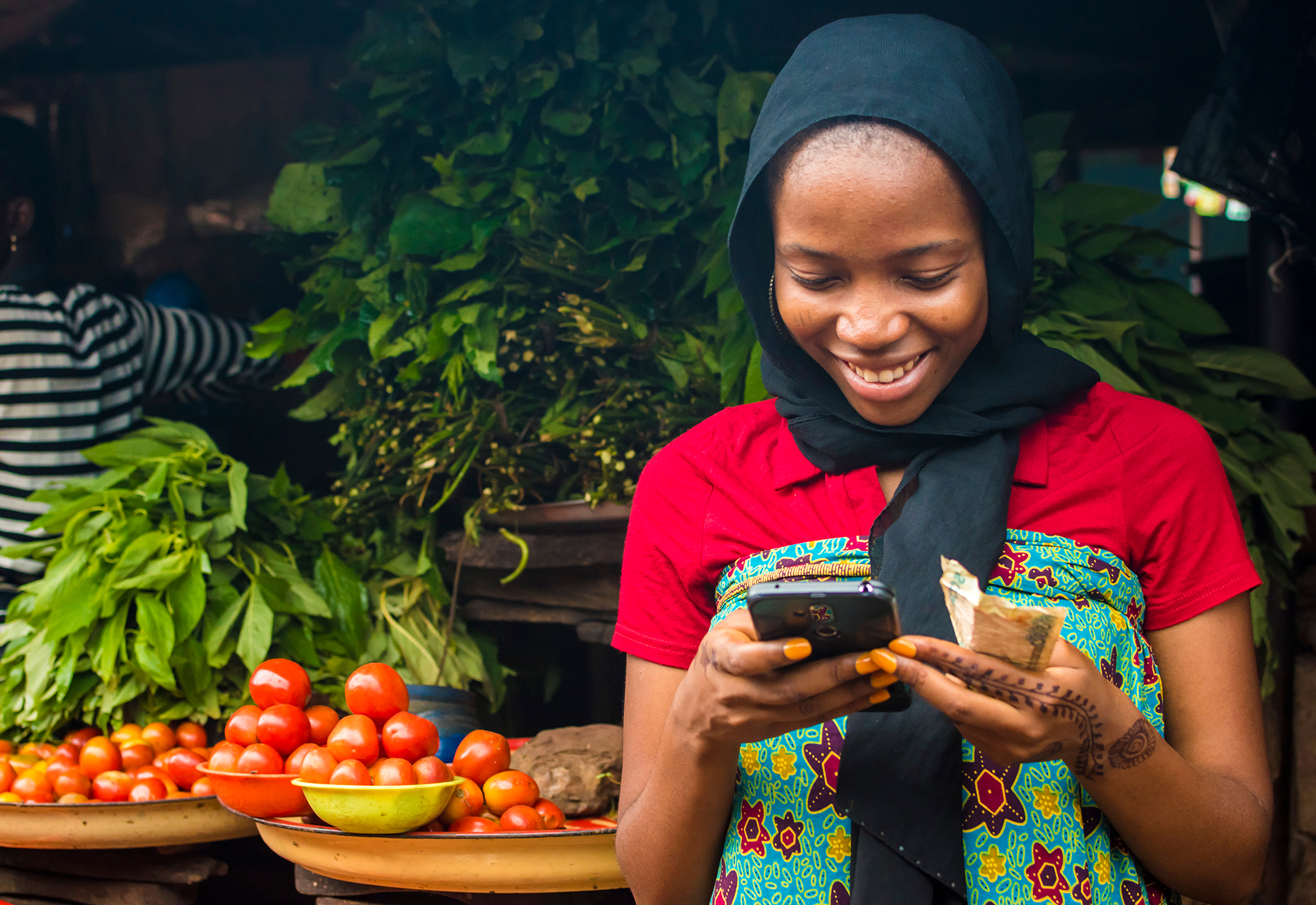
Although devastating, the Covid-19 pandemic is accelerating financial inclusion and the uptake of digital financial services, according to the International Finance Corporation
Written by Manuel Reyes-Retana, IFC Director for the Middle East and Africa
In February and March, just as Covid-19 was gaining a foothold in Africa, one of our IFC fintech investees reported a tripling in the use of mobile money in several countries on the continent. And many financial institutions reported accelerated uptake of digital channels. Case in point, our partner Co-operative Bank of Kenya, which has been on a digital transformation journey for the past five years, saw digital transactions jump in the first month of movement restrictions to account for 90% of all transactions, up from 70% before the pandemic.
As Charles Washika, Director of ICT and innovations at Co-operative Bank puts it: “Covid-19 really scaled up the adoption and use of digital technologies.” For banks that hadn’t embraced digitisation, Covid-19 has been a massive wake-up call to prioritise that investment.
The digital acceleration also happened at the public sector level. Many central banks in Africa took steps to support the use of digital financial services and utilised digital channels to deliver critical social services to help reduce physical contact. In Tunisia, leveraging the government’s ongoing digitisation initiatives, we helped the government structure an immediate digital payments framework to deliver social grants to 400,000 people. In West Africa, the Central Bank of West African States reduced fees for digital transfers and eased restrictions to open mobile money wallets to encourage digital payments over personal contact.
The shift to digital was well underway in Africa even before the pandemic struck. Before Covid-19, Africa was home to more mobile money accounts than any other region in the world, boasting almost half of the more than one billion users worldwide.
The introduction of mobile money in Africa just over a decade ago catalysed financial inclusion by offering fast, affordable, and reliable access to transactions, savings, credit, and even insurance not only in big cities, but also in places where the nearest bank branch might be hundreds of miles away. Thanks in large part to the spread of mobile money accounts, 43% of sub-Saharan Africa was financially included as of 2017 up from 24% in 2011, according to the latest Findex data. In Kenya, Tanzania, and the Democratic Republic of Congo, the financial inclusion rate more than doubled between 2011 and 2017.
Today, as Africa works to contain Covid-19, as well as strengthen and rebuild those parts of its economies that have been battered by it, the digital economy – including digital financial services – has become more essential than ever.
The importance of digital services
Greater access to formal financial services for people in emerging markets has been shown to underpin and drive real sector development. An IFC study in Uganda found that 63% of the most active mobile money users in the country were small-scale entrepreneurs, and that 42% of them used digital financial services for business transactions.
We’ve also found that access to mobile money services can increase daily per capita household consumption and has helped women rise from subsistence farming to business occupations and sustainable livelihoods.
Social mobility is taking place through our work with partners in Côte d’Ivoire and Burkina Faso, where we are helping small-scale cocoa and cotton farmers adopt digital payments and shift away from cash-based value chains. Besides that, we recently announced a partnership with OCP Africa, a subsidiary of phosphate producer OCP Group, to accelerate the digitisation of payment systems in the value chains for rice in Côte d’Ivoire and millet in Senegal, along with the development of a rating tool to improve access to finance for farmers.
And in Mozambique, we have seen how Vodafone M-Pesa has helped reach more people than the combined share of the country’s two largest banks. Person-to-person transactions using the M-Pesa network have been particularly popular, and Vodafone M-Pesa says many of these are happening between businesses operating in the informal sector.
Amid Covid-19, the use of the M-Pesa platform increased even more. In Mozambique, like many other countries in Africa, the government enacted price floors during the first months of the Covid-19 pandemic to lower the cost of mobile money transfers.
“The past six months have been about adopting a new normal and use of digital financial services is a big part of that. We think and hope that the habit is here to stay,” Gulamo Nabi, Vodafone M-Pesa’s Managing Director in Mozambique, told us.
Mobile money has kick-started digital transformation in Africa, helping to connect more people to basic financial services. The next step is to help digitise supply chains and diversify the digital financial service offering. And more needs to be done to build the ecosystem in rural areas that will facilitate the use and need for digital financial services.
It will mean supporting regulations and initiatives that enable innovation and partnerships in and across value chains as well as making sure the physical infrastructure is in place to allow people to access the Internet and digital platforms.
By building on the momentum and expanding access to digital services, we will see new partnerships form to bring further depth to financial inclusion that helps us bank the unbanked.
Further information
RECENT ARTICLES
-
 Managing cross-border risks in B2B e-commerce
Managing cross-border risks in B2B e-commerce -
 J.P. Morgan launches first tokenised money market fund on public blockchain
J.P. Morgan launches first tokenised money market fund on public blockchain -
 Aberdeen agrees to take over management of £1.5bn in closed-end funds from MFS
Aberdeen agrees to take over management of £1.5bn in closed-end funds from MFS -
 Enterprise asset management market forecast to more than double by 2035
Enterprise asset management market forecast to more than double by 2035 -
 EU Chamber records highest number of entries for 2025 China Sustainable Business Awards
EU Chamber records highest number of entries for 2025 China Sustainable Business Awards -
 Inside Liechtenstein’s strategy for a tighter, more demanding financial era
Inside Liechtenstein’s strategy for a tighter, more demanding financial era -
 ‘Stability, scale and strategy’: Christoph Reich on Liechtenstein’s evolving financial centre
‘Stability, scale and strategy’: Christoph Reich on Liechtenstein’s evolving financial centre -
 Bridging tradition and transformation: Brigitte Haas on leading Liechtenstein into a new era
Bridging tradition and transformation: Brigitte Haas on leading Liechtenstein into a new era -
 Liechtenstein in the Spotlight
Liechtenstein in the Spotlight -
 Fiduciary responsibility in the balance between stability and global dynamics
Fiduciary responsibility in the balance between stability and global dynamics -
 Neue Bank’s CEO on stability, discipline and long-term private banking
Neue Bank’s CEO on stability, discipline and long-term private banking -
 Research highlights rise of 'solopreneurs' as technology reshapes small business ownership
Research highlights rise of 'solopreneurs' as technology reshapes small business ownership -
 Philipp Kieber on legacy, leadership and continuity at Interadvice Anstalt
Philipp Kieber on legacy, leadership and continuity at Interadvice Anstalt -
 Building global-ready funds: how South African managers are scaling through offshore platforms
Building global-ready funds: how South African managers are scaling through offshore platforms -
 Global billionaire wealth hits record as relocation and inheritance accelerate, UBS finds
Global billionaire wealth hits record as relocation and inheritance accelerate, UBS finds -
 Human resources at the centre of organisational transformation
Human resources at the centre of organisational transformation -
 Liechtenstein lands AAA rating again as PM hails “exceptional stability”
Liechtenstein lands AAA rating again as PM hails “exceptional stability” -
 Lusaka Securities Exchange surges ahead on reform momentum
Lusaka Securities Exchange surges ahead on reform momentum -
 PROMEA leads with ESG, technology and trust in a changing Swiss market
PROMEA leads with ESG, technology and trust in a changing Swiss market -
 Why collective action matters for pensions and the planet
Why collective action matters for pensions and the planet -
 Structuring success with Moore Stephens Jersey
Structuring success with Moore Stephens Jersey -
 PIM Capital sets new standards in cross-jurisdiction fund solutions
PIM Capital sets new standards in cross-jurisdiction fund solutions -
 Innovation, advisory and growth: Banchile Inversiones in 2024
Innovation, advisory and growth: Banchile Inversiones in 2024 -
 Digitalization, financial inclusion, and a new era of banking services: Uzbekistan’s road to WTO membership
Digitalization, financial inclusion, and a new era of banking services: Uzbekistan’s road to WTO membership -
 Fermi America secures $350m in financing led by Macquarie Group
Fermi America secures $350m in financing led by Macquarie Group






